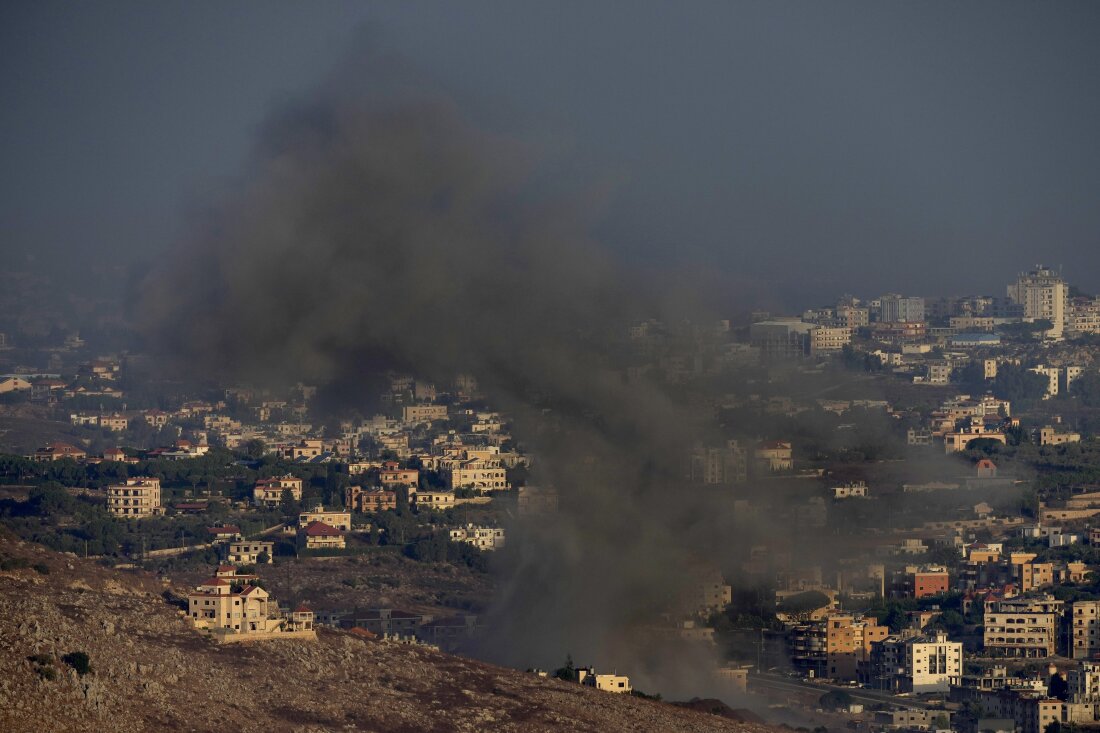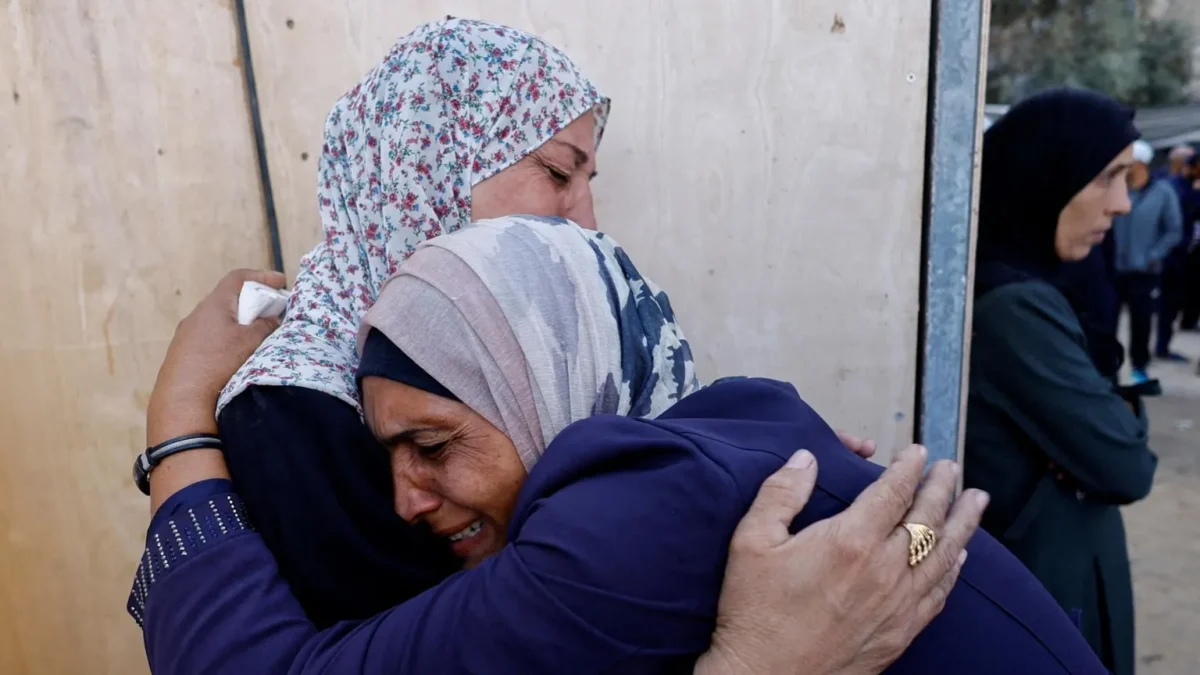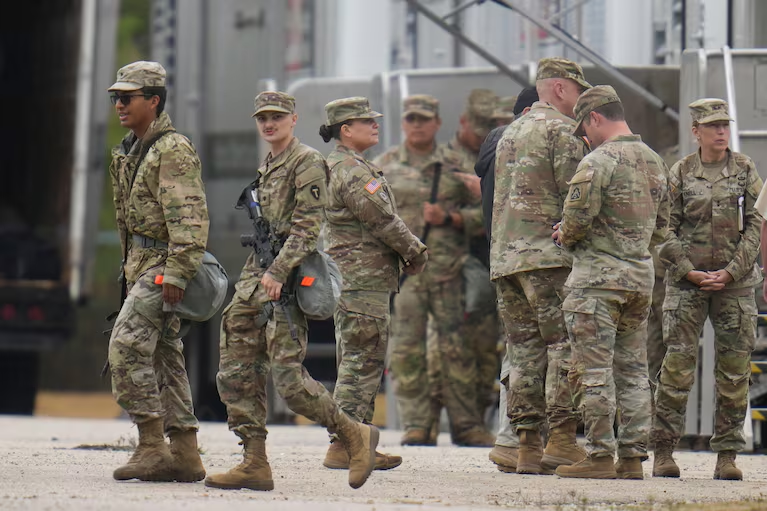Israel recently launched a series of airstrikes into Lebanon. The Israeli government was targeting a number of Hezbollah assets in the country as the regional situation in the Middle East becomes more unstable with every passing event.
Israel has already killed multiple top Hezbollah members, and the death toll in Lebanon is estimated to be over 600.
Recently Benjamin “Bibi” Netanyahu, Israel’s prime minister, said in an announcement to the people of Lebanon that the war was not with them but with Hezbollah. Interestingly, the announcement was in English.
Israel claims that Hezbollah is storing arms in civilian homes and is using them as a base of operations. The Israeli military’s goal is to destroy Hezbollah’s infrastructure near the northern Israeli border and to keep Hezbollah far from Israel for the protection of Israeli citizens.
“We will do whatever we need in the next stages in order to prevent the threat of Hezbollah,” Daniel Hagari, Israeli Army spokesperson, said.
All of this is in context of the recent turmoil in the Middle East, with the war in Gaza and recent altercations with Iran. The prospects of Israeli conflicts growing into a wider regional conflict now seems likely.
Israel also has recently hit Hezbollah by detonating pagers on the militant group in a specialized operation. Israel’s army chief, Herzi Halevi, has stated that the recent attacks were done to prepare for a possible ground invasion by Israeli troops into Lebanon.
The repercussions of an Israeli war with Hezbollah would be brutal and there are many indications to suggest that Hezbollah would be significantly more lethal than Hamas, with whom Israel has fought its most recent war.
Hezbollah has significant funding, preparation and weaponry. This is also evident by Hezbollah’s record in fighting Israel in 2006 in which the militant group did significant damage to Israeli units.
“If we can deal with a ceasefire in Lebanon … there’s a desire to see change, I mean, in the region,” President Biden said in an interview.
Although the president has been floating a ceasefire, the Israeli government has rejected the concept and has no intention of slowing the fighting.
“The report about the purported directive to ease up on the fighting in the north is the opposite of the truth,” the office of the prime minister said in a post on X.
On top of this, multiple nations have recently hammered out a cease-fire proposal for Hezbollah, Lebanon and Israel. Amongst those who signed the cease-fire deal, many expressed that they were optimistic about its prospects.
Despite the optimism, Israel has continued its strikes on Lebanon.
The U.S. has been sending troops to the region to “augment” the American troops already in the region CBS reported. The Pentagon has claimed that the reason for this is not to aid Israel in Lebanon.
“When it comes to U.S. forces in the region, it is for our own force protection and should we need to come to the defense of Israel … we’ve positioned forces to do that,” Sabrina Singh, Pentagon spokesperson, said.
As the possibility of retaliatory attacks on Israel increases, it is clear that the United States will be covering the cost of the defense of Israel. This is much like how the United States acted during Iran’s recent drone strikes.
With the increase in violence, it is unclear how the situation in the Middle East will develop.









